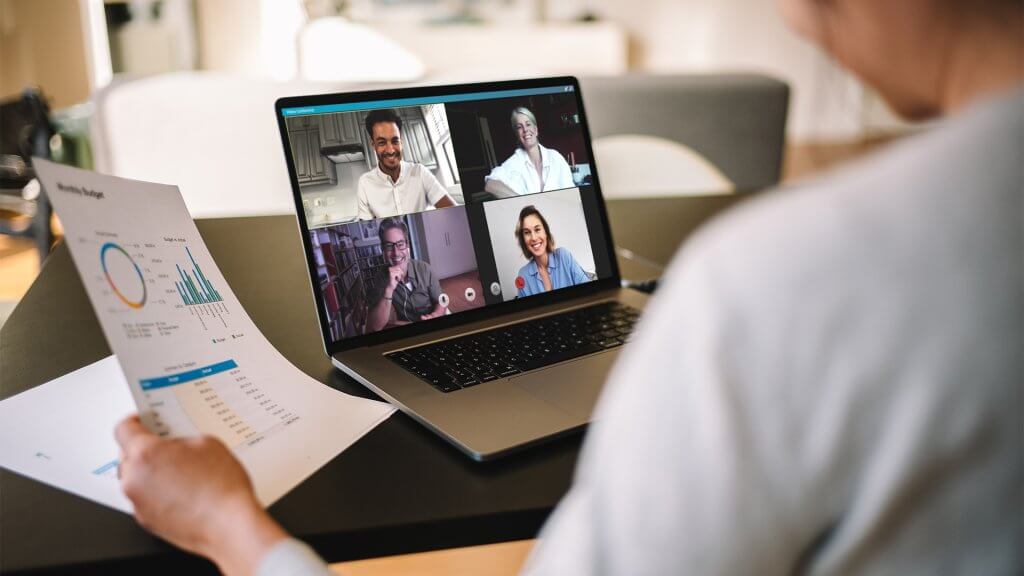For thousands of years, accounting has been an integral part of civilization. From the earliest days of recorded history, bookkeepers have been tracking credits and debits, assets and liabilities. While the fundamental principles remain unchanged, the tools and techniques have evolved remarkably. This progression reflects the ingenuity of accountants in adapting to new technologies and business needs. Let’s explore some key milestones in the digitization of accounting.
Clay Tablets to Parchment Ledgers
Accounting dates back to ancient Mesopotamia, where merchants used clay tokens and tablets to document business transactions as early as 3300 BC. This method provided a tangible receipt and helped traders track what was bought and sold. Later, in the 1400s, Venetian merchants transitioned to parchment ledgers for recording double-entry bookkeeping. This two-column system improved organization and made it easier to calculate profits. However, preparing these elaborate ledger books was tedious. Each one had to be painstakingly created by hand.
The Adding Machine Revolution
In the late 1800s, the advent of the adding machine dramatically increased the speed and accuracy of accounting calculations. No longer constrained by manual tabulation, accountants could sum long columns in a fraction of the time. This allowed them to take on more clients and focus their energy on analysis rather than computation. Adding machines remained essential number-crunching tools up until the arrival of the next game-changing technology.
Early Computers and Mainframes
In the 1950s, computers began supplementing and eventually replacing mechanical accounting machines. These room-sized mainframes could process data at unprecedented rates. Firms that invested in this new technology could handle ever-growing workloads. However, computers were only affordable for large corporations at first. It took further computing innovations before digital accounting became accessible to small businesses.
The PC Revolution
When user-friendly microcomputers emerged in the 1970s and 80s, it sparked a revolution in accounting. CPAs could now leverage desktop machines like the Apple II and IBM PC to serve clients. Powerful accounting software also became available, enabling complex tasks like payroll, inventory, and reporting. Digital bookkeeping went from elite privilege to standard practice within a decade. Computers brought accuracy, productivity, and analytical power to accounting firms of all sizes.
The Shift to Cloud Computing
Fast forward to today: accounting is increasingly moving to the cloud. Instead of installing software locally, accountants can now access programs and data online. This allows for real-time collaboration across locations. Firms can share files, manage workflows, and integrate with banks and other systems via the cloud. Platforms like QuickBooks Online and Xero have also made DIY accounting straightforward for small businesses. The connectivity of cloud computing opens new doors for accounting efficiency.
The Route of Knowledge
Formal education became increasingly important as accounting evolved from manual bookkeeping to sophisticated data analysis. In the late 1800s, accounting programs emerged at universities like the Wharton School of the University of Pennsylvania. Obtaining an accounting or finance degree became a prerequisite for CPAs. Today, majoring in accounting, business management, finance, or related fields can prepare students for careers in the profession.
Combining accounting and business management creates a powerful skillset. A business management and accounting degree provides training in financial reporting, managerial accounting, taxation, auditing, and business operations. This versatile education qualifies graduates for roles such as budget analysts, financial managers, management consultants, and more. Accounting skills ensure number-crunching accuracy, while business management knowledge enables data-driven decision-making.
Other complementary majors like information systems, economics, and mathematics can also augment accounting studies. Opting for a minor in a specialized field like forensic accounting or corporate finance can further lay focus on a degree. With the right blend of accounting knowledge and managerial abilities, graduates can pursue rewarding, in-demand careers. The evolution of accounting education mirrors the increasing complexity of the field.
Conclusion
Over thousands of years, accounting has progressed from primitive tokens to multifunctional apps. At its core, however, accounting remains focused on systematically recording financial transactions. The drive to innovate has simply enhanced the speed, reach, and insight accountants can provide.
Cloud platforms and AI may shape the next phase of this continuing evolution. But one thing is certain – accounting will adapt to future technologies while retaining its foundational principles. The digitization journey reflects the enduring importance of accounting in the modern business landscape.





















